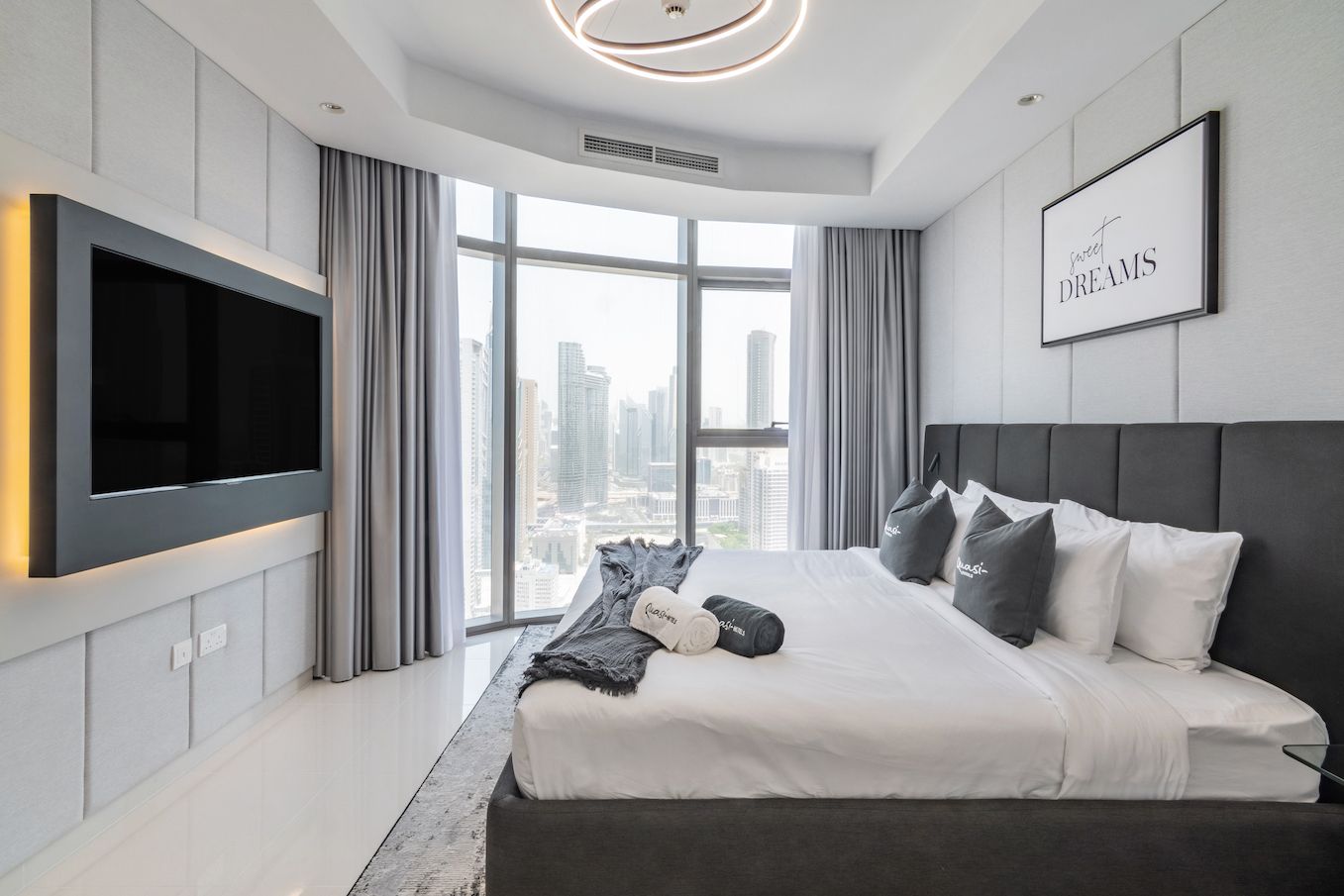Navigating Dubai's Short-Term Rental Regulations: A Comprehensive Guide
Understanding Dubai's Short-Term Rental Landscape
Before diving into the regulations, it's crucial to understand the landscape of short-term rentals in Dubai. Unlike some cities where short-term rentals are heavily restricted or even banned, Dubai embraces the concept, recognizing its importance in catering to the diverse needs of travelers. From opulent villas to chic apartments, the city offers a wide array of short-term rental options catering to different tastes and budgets.
Legal Framework
Dubai's legal framework for short-term rentals primarily revolves around the Dubai Tourism regulations. Hosts are required to obtain a holiday home permit from the Department of Tourism and Commerce Marketing (DTCM) to legally operate short-term rentals. Additionally, hosts must adhere to specific standards regarding property maintenance, cleanliness, and guest safety to ensure compliance with regulations.
Navigating Permit Requirements
Securing a holiday home permit is a fundamental step for hosts looking to operate a short-term rental in Dubai. The permit application process involves submitting several necessary documents to the Department of Tourism and Commerce Marketing (DTCM). These documents typically include:
1. Title Deed
Proof of property ownership, establishing the host's legal right to operate the short-term rental.
2. Passport Copy or Emirates ID of the Owner
Identification documents verifying the identity of the property owner.
3. Trade Licence Copy (for Companies)
If the property is owned by a company, a copy of the trade license is required.
4. Property Management Letter
A letter from the property management company, if applicable, confirming authorization for short-term rental operation.
5. Recent DEWA Bill
A recent Dubai Electricity and Water Authority (DEWA) bill serves as proof of utility connection and payment.
6. Tenancy Contract for Individual Tenant
If the property is leased, a copy of the tenancy contract demonstrating permission for short-term rentals.
Upon approval, hosts receive a permit valid for one year, renewable annually. It's essential to ensure all required documentation is accurate and up-to-date to expedite the permit application process and avoid delays.
Compliance With Building Regulations
In addition to obtaining a holiday home permit, hosts must ensure their properties comply with Dubai's building regulations. This includes meeting fire safety standards, providing adequate emergency exits, and obtaining necessary approvals from relevant authorities. Non-compliance can result in hefty fines and legal repercussions.
Taxation And Financial Considerations
Hosts operating short-term rentals in Dubai are subject to taxation laws, including Value Added Tax (VAT) and Tourism Dirham fees. It's essential for hosts to understand their tax obligations and incorporate them into their pricing strategy. Additionally, hosts should maintain meticulous financial records to facilitate tax compliance and avoid penalties.
Guest Responsibilities And Code Of Conduct
While hosts bear the primary responsibility for complying with regulations, guests also play a crucial role in ensuring a smooth and lawful stay. Guests should familiarize themselves with house rules provided by the host, respect the property and its amenities, and adhere to local laws and customs. By being responsible travelers, guests contribute to a positive rental experience for both themselves and the host.
Security And Safety Measures
Ensuring the security and safety of guests is paramount for hosts operating short-term rentals. This involves implementing robust security measures such as secure key exchange procedures, installing smoke detectors and fire extinguishers, and providing emergency contact information. Hosts should also conduct thorough background checks on guests to mitigate potential risks.
Community Impact And Sustainability
Short-term rentals can have a significant impact on local communities, from increased tourism revenue to potential disruptions in residential neighborhoods. Hosts should strive to strike a balance between maximizing rental income and minimizing negative impacts on the community. This includes promoting responsible tourism practices, fostering positive relationships with neighbors, and supporting local businesses.

Conclusion
Navigating Dubai's short-term rental regulations may seem daunting at first, but with the right knowledge and preparation, hosts and guests can enjoy a seamless and compliant experience. From obtaining permits to ensuring property compliance and fostering positive guest relationships, adherence to regulations is key to a successful rental venture. As you embark on your journey in Dubai, remember to prioritize legality, safety, and sustainability for a memorable stay.
Ready to experience the best of Dubai through short-term rentals?
Explore Quasi Hotels' curated selection of luxury properties and embark on your next adventure with confidence. Visit
https://quasi-hotels.com/ to
book your dream accommodation today!








